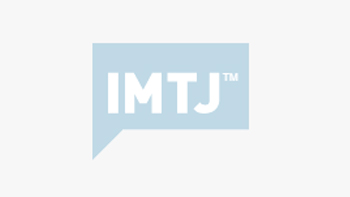In the Netherlands there is a system of obligatory health insurance, for everyone including expatriates, with private health insurance companies. These insurance companies are obliged to provide a package with a defined set of insured treatments. Five large mutuals control the market. Insurance companies must offer a core universal insurance package for the universal primary curative care.
In the Netherlands there is a system of obligatory health insurance, for everyone including expatriates, with private health insurance companies. These insurance companies are obliged to provide a package with a defined set of insured treatments. Five large mutuals control the market. Insurance companies must offer a core universal insurance package for the universal primary curative care. They must do this at a fixed price for all. The same premium is paid whether young or old, healthy or sick. People are free to purchase optional packages from the insurance companies to cover additional treatments such as dental procedures and physiotherapy.
Healthcare in the Netherlands is generally very good, but is more expensive even than countries previously thought to charge more for equivalent care. When taking into account cost, quality and easy access, the only country that qualifies is Germany.
The two biggest Dutch insurers have agreed to send a small number of patients to private hospitals and clinics in Germany. Agis, a subsidiary of Achmea, the largest Dutch insurer with 5.3 million policyholders, is sending a few patients to Germany for procedures that are cheaper. Medical tourism agency Holland InterCare arranges the treatment and travel for its parent Agis. For the last decade the company has arranged medical treatment in the Netherlands for patients from Surinam, the Dutch Antilles and Aruba. It also has service centers in Turkey, Morocco and Surinam, as many policyholders of Agis have their roots in these countries. The service centers help Agis clients visit these countries for the purpose of planned and organized treatment. The agency recently began arranging healthcare overseas for Dutch nationals on a self-pay basis, and has extended this to insurer paid patients. The agency is negotiating to extend the operation from just Agis policyholders to the other Achmea group insurers; Zilveren Kruis, Avero Achmea, Centraal Beheer Achmea, FBTO and Interpolis.
Large insurance group UVIT is using two German healthcare groups, MEDIAN and Helios; the former for hip and knee replacements with a five-week stay in a rehabilitation unit with intensive physiotherapy and coaching. This is for those, mostly older retired patients, who prefer aftercare in a home, compared to the Dutch practice where the patient goes home and then gets outpatient treatment. Numbers are expected to be small, 100 patients a year. Helios covers all types of operation, and there is no set numbers.
Helios Healthcare International arranges treatment for international patients in hospitals within the Helios group. In Germany, Helios owns 57 hospitals with 17,300 beds, including five maximum care hospitals in Erfurt, Berlin-Buch, Wuppertal, Schwerin and Krefeld. MEDIAN operates 27 rehabilitation and acute care clinics. In August, the company was sold to Advent International, the US private equity firm, and Marcol, London based real estate private equity investor.
The Health Insurance College of the Netherlands suggests, with no supporting numbers, that 1% of medical care for Dutch people takes place abroad. Much of this is dental tourism, as dental care is not within the compulsory health package, and private dental treatment in the country is expensive. Another group is expatriates who go home for treatment. Very few go overseas for major medical treatment.








 ©2024 All rights reserved LaingBuisson
©2024 All rights reserved LaingBuisson 


